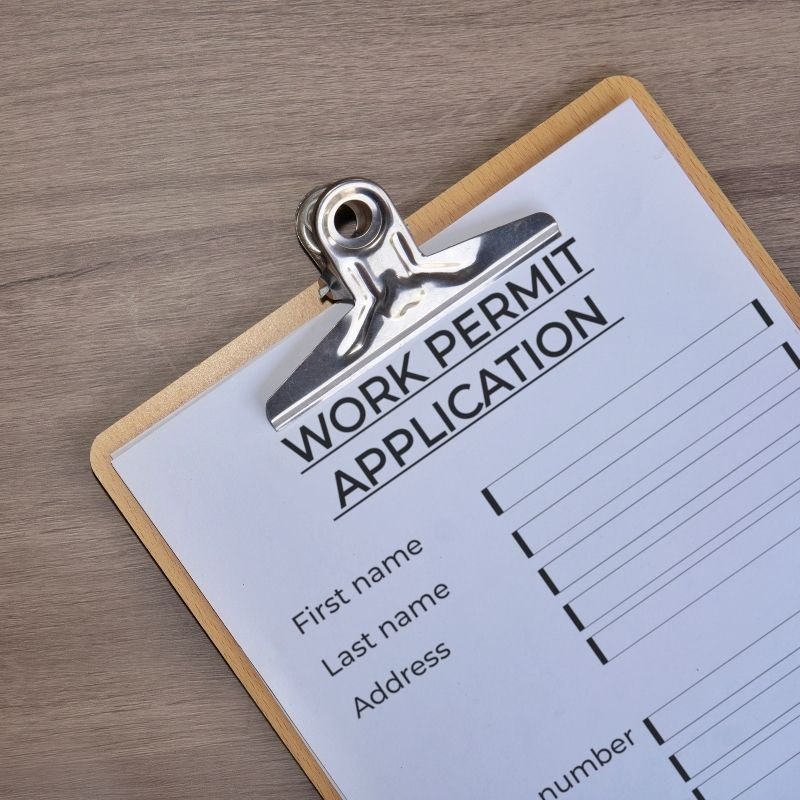table of contents
Introduction
Kenya has grown into a prime destination for expats seeking employment, entrepreneurship, and long-term living in East Africa. With a growing economy, vibrant urban centers like Nairobi and Mombasa, and a rich cultural backdrop, it’s no surprise that professionals, investors, and volunteers are drawn here. However, to legally live and work in Kenya, a valid permit is essential. This guide breaks down everything you need to know about applying for a work or residency permit in Kenya—step by step—so you can plan your move with confidence and compliance.
- Know the Permit Types Available
Kenya offers multiple permit classes depending on your purpose of stay. Some common types include:
- Class D – Employment for a specific job with a Kenyan employer
- Class G – Investment or business
- Class I – Approved religious or charitable activities
- Special Pass – Temporary stay for up to 90 days
➡️ See full permit classes: immigration.go.ke
- Check Eligibility Criteria
Each permit has specific requirements, including:
- Proof of qualifications or experience
- Offer of employment or business registration documents
- Financial capacity to sustain your stay
- Clean criminal record
Some permits may require you to prove that no qualified Kenyan can fill your position (labor market test).
- Prepare the Required Documents
Ensure you have the following:
- Passport (valid for at least 6 months)
- Passport-size photos
- Cover letter from employer or self (if applying for business/investment)
- Curriculum Vitae
- Academic/professional certificates
- Employment contract (Class D) or business documents (Class G)
- Police clearance certificate from home country
- Application form: Form 25 or 30 depending on permit
⚠️ All documents must be translated into English and notarized, if not already.
- Submit Your Application Online
Kenya’s Directorate of Immigration Services operates an eFNS portal:
- Register on https://fns.immigration.go.ke
- Complete the online form
- Upload scanned copies of documents
- Submit and await initial approval
???? Tip: Use Google Chrome and prepare to scan all documents in advance.
- Pay the Processing Fees
Once your application is reviewed, you’ll be prompted to pay the relevant fees. This varies by permit class. Example:
- Class D: ~$150 application + $2,000 permit fee (as of 2024)
- Payment is usually made via MPESA or credit card on the portal.
???? Confirm the latest fees here: immigration.go.ke/fees
- Await Vetting and Approval
After submission, applications go through a vetting process:
- You may be contacted for an interview or additional documents
- Timeline: anywhere from 4–12 weeks
- You’ll receive a notification once approved, or a reason for denial
- Collect Your Permit and Alien ID
If approved, you will be asked to:
- Present your passport for visa endorsement
- Collect your Work/Residence Permit
- Register for an Alien Card (Kenya’s foreign resident ID)
???? For Nairobi residents: Visit Nyayo House (CBD), Department of Immigration Services
???? Office Hours: Mon–Fri, 8:00 AM–4:00 PM
- Understand Permit Conditions
Each permit comes with conditions, such as:
- Only working for your specified employer
- Annual renewals or revalidations
- Mandatory tax registration with KRA
Violating permit terms can lead to fines, revocation, or deportation.
- Consider Using a Licensed Immigration Agent
For a smoother experience, especially for investment or complex permits, consider professional support. Agents can:
- Help navigate documentation
- Track your application
- Communicate with immigration on your behalf
Ensure your agent is registered with Kenya’s Immigration Department.
- Renewing or Transitioning Your Permit
Permits must be renewed before expiry—usually annually. To transition from a Special Pass to a Work Permit (or from one class to another):
- Follow a similar process with updated documentation
- Start early (at least 60 days before expiry)
???? Renewal tip: Keep a digital record of all submissions and payment receipts.
Conclusion
Applying for a work or residency permit in Kenya can seem complex, but with the right preparation and understanding of the steps, the process becomes manageable. From selecting the correct permit class to gathering documents, applying online, and finally registering for your Alien ID, each step is crucial. Always check the official Kenyan Immigration website for up-to-date information. And don’t hesitate to reach out to fellow expats, local consultants, or community forums if you need guidance along the way.






